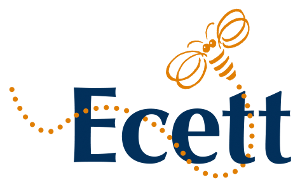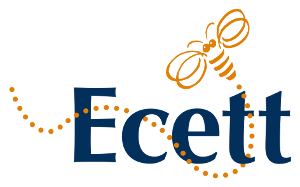“I have acquired new skills in terms of knowledge, practice, interpersonal skills, their mode of organization, social laws in France, etc. I am able to explain how Housing works. First Marseille as well as making a comparison with Housing First in Charleroi.We compared our tools to theirs. The services encountered had good tools such as an application on their phone to report on a VAD, an appointment, the contact details of the beneficiaries are included, etc. The establishment of various tables (tables with all the names of beneficiaries, tables for the professional organization, telephone hotlines during the week as well as weekends except Sundays, the importance of the involvement of Peer-Aidants in their teams,…I discovered the Working First Service. I was able to learn about their operations, their tools, their practices as well as their professional successes with the beneficiaries.I also discovered the Esper Pro Service, it is a Peer Aid service and the AISLI Service which works a bit like Housing First Marseille, but it is the last step before incarceration. I was able to discover their operations, their difficulties, their practices, their tools put in place…“
Ophélie
“
Our three initial objectives when looking at C2RL Limoges were:1) observe good practices in cognitive remediation: during the internship, I was able to observe the way in which neuropsychologists conduct their evaluation interviews. Following these interviews, I had the opportunity to discuss with the neuropsychologists the interest of these assessments, the direction they allow to give to the individualized projects of patients, etc. Unfortunately, I did not have the opportunity to practically see how they implement the cognitive remediation exercises as such, which is why I gave “good” to achieving this objective.2) Observe the connection between the collective and the individual: our work at CRF Alba is mainly focused on group work and we sometimes have the feeling of lacking individual time. It was very interesting to observe C2RL’s field practices regarding the articulation of these two approaches. We really liked their way of organizing group sessions in an annual schedule.3) Observation of professional integration strategies: we were amazed by the systems put in place within the C2RL to promote the professional integration of their patients. They are in fact linked to different structures, whether internal or external to the institution, which allow people to confront the professional environment in stages. It would be very interesting for us to be able to create similar partnerships with structures in the region.The course met the objectives we had set for ourselves, all with a very well organized welcome from the C2RL team. They really integrated us into their practices and their schedules so that we could observe and learn as many things as possible.Thanks to everything we have been able to observe within the C2RL, we hope to put different things in place within our structure in order to improve support for our beneficiaries.– work on professional writings so that they are more systematic, more formalized and more transmissible to beneficiaries– creation of self-assessment grids so that beneficiaries are truly involved in taking them into account– trying to free up time in order to leave more room for individual work– possible engagement of a neuropsychologist in order to accentuate cognitive remediationOur trip was very well organized, very informative. The only negative point but which was unpredictable: the French transport strike which forced us to use our institution’s van to get to Limoges.“
Allison
”Often during these internships, we leave with certain ideas and certain objectives and we come back with many other ideas and new practices that we would not have thought of.The director of the CT S. Maria who comes to work with her dog is something I already do from time to time. I should develop the idea to be more in an animal mediation, even if we are already in the field of Snoezelen.As part of a reflection on the new therapeutic project, we plan to further develop a return of residents to everyday life through citizen actions.We will further develop individualized projects with the use of the Casig tool.I was impressed by the strength of the care network and its articulation around the patient and their project. the services under the accompaniment of a mental health service support different people in their difficulties, I really appreciated realizing the role of a third party (mental health service) which allows continuity of care,The organization presented its work to us in its entirety, which was very enriching.All this seems to go smoothly, with kindness and professionalism.The visit to the activities allowed me to realize that the work is not accessible to everyone and that it is just as fulfilling to join the activities of a day center, the richness of its activities and the kindness of the support touched me a lotI really appreciated having the theoretical contributions which inspired the theoretical development of the current system, this is very inspiring (Franco Basaglia, anti-psychiatry, the development of coope…)“
Delphine



